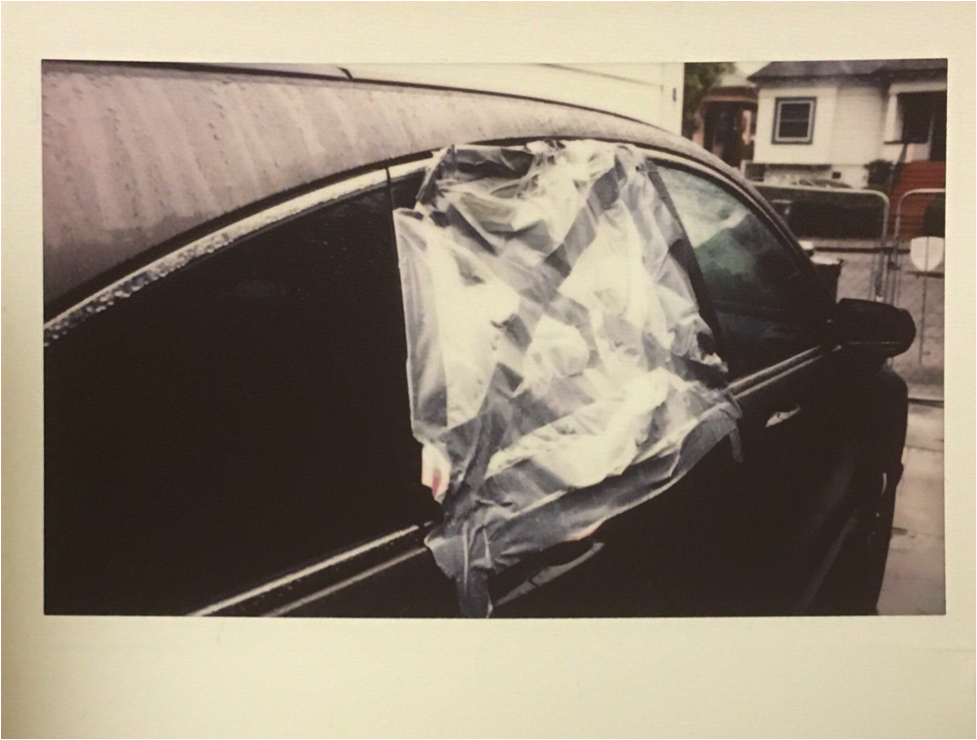
Me and my band The Assumptions are currently on tour in support of our second LP, Exposure & Response. This is the first entry in a weekly(ish) journal I’ll be keeping for the duration of the tour. I’ll be documenting my own experience and meditating on big questions like: Is touring sustainable for obscure artists? Why do we continuously subject ourselves to something that yields little benefit? Does “DIY” in a pure, unadulterated form even exist?
November 10th-November 16th
It’s hard describing a DIY tour to someone who has never been on one. It has the potential to be a lot of fun, but it never quite feels like vacation. It’s a lot of hard work, but it rarely pays off. For most bands, it’s a prerequisite for being taken seriously—but it’s also incredibly difficult to justify.
I have been playing punk shows for nearly ten years of my life; I’ve been booking DIY tours since 2013. I have never used a booking agent, and I have never set foot inside a proper tour bus. So far, the majority of shows on this tour have been at houses. We don’t have guarantees, and sometimes we make as little as $40 a night, which, when split between the other band we’re on tour with, is barely enough money to make it to the next city. We pay for food and other necessities out of pocket. Sometimes, I will put a hotel room on my credit card.
Booking—and being on—a DIY tour is labor-intensive. After putting together his first U.S. tour, a friend of mine remarked that he had spent “three months writing emails instead of songs.” This is an expertly pithy encapsulation of what it means to be a self-sufficient band in the modern age. The act of making music often feels like an extraneous part of the musician equation.
Tours, PR, distribution—these used to be the record label’s responsibilities. But the internet has changed the way a record label functions. It’s a long-standing stereotype that record labels—especially major record labels—are duplicitous and unsympathetic to artistic sensibilities. While that might be true in many cases, record labels also used to invest in bands based on the merit of their art. These days, the process is almost reversed; labels seldom take chances on bands that aren’t already established. The initial promise of the internet as an egalitarian utopia for artists has morphed into a new type of industry meritocracy, where the musicians most likely to succeed are the unabashed shoulder-rubbers and self-promoters.
Establishing yourself as an artist requires a lot of free time and disposable income. Booking your own tours is a part of that process. DIY touring is a luxury pursuit,...
You have reached your article limit
Sign up for a digital subscription and continue reading all new issues, plus our entire archives, for just $1.50/month.
Already a subscriber? Sign in




